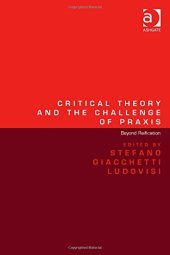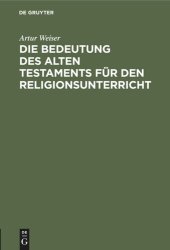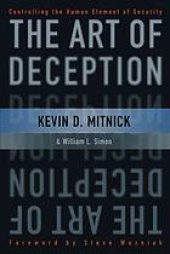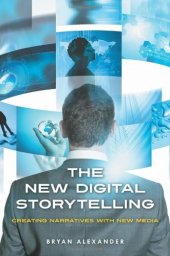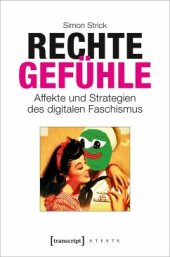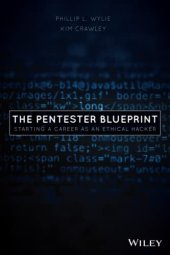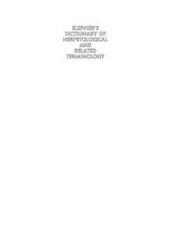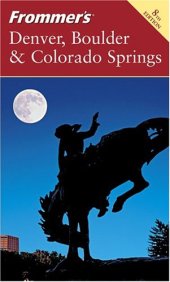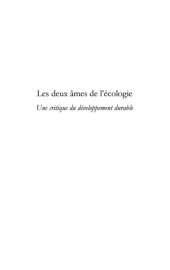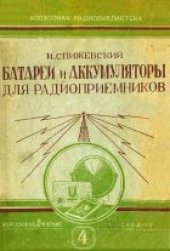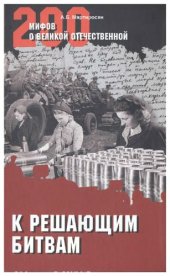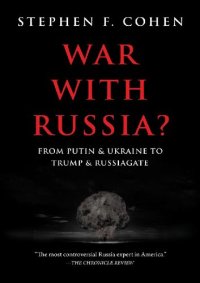
Ebook: War with Russia; From Putin and Ukraine To Trump and Russiagate
Author: Stephen Cohen
- Genre: Other Social Sciences // Politics
- Tags: History, Political Science, Politics, Foreign Policy, Fake News, USSR, soviet union, Trump, Putin, Russia, Russiagate, CIA, Hillary Clinton, Obama, Ukraine, deep state, NWO, cold war, corruption, conflict, nationalism, democracy, wwg1wga
- Year: 2018
- Language: English
- pdf
Are we in a new Cold War with Russia? How does a new Cold War affect the safety and security of the United States? Does Vladimir Putin really want to destabilize the West?
America is in a new Cold War with Russia even more dangerous than the one the world barely survived in the twentieth century. The Soviet Union is gone, but the two nuclear superpowers are again locked in political and military confrontations, now from Ukraine to Syria. All of this is exacerbated by Washington’s war-like demonizing of the Kremlin leadership and by Russiagate’s unprecedented allegations. US mainstream media accounts are highly selective and seriously misleading. American “disinformation,” not only Russian, is a growing peril.
In War With Russia?, Stephen F. Cohen—the widely acclaimed historian of Soviet and post-Soviet Russia—gives readers a very different, dissenting narrative of this more dangerous new Cold War from its origins in the 1990s, the actual role of Vladimir Putin, and the 2014 Ukrainian crisis to Donald Trump’s election and today’s unprecedented Russiagate allegations.
Cohen’s views have made him, it is said, “America’s most controversial Russia expert.” Some say this to denounce him, others to laud him as a bold, highly informed critic of US policies and the dangers they have helped to create.
War With Russia? gives readers a chance to decide for themselves who is right: are we living, as Cohen argues, in a time of unprecedented perils at home and abroad?
It was never really about Russia anyway, that silly decoy was there to keep the headlines off of China and Ukraine where deep pockets were enriching DNC members beyond measure.
In his concluding chapter the author reminds us:
"Russiagate’s core allegations, none of them yet proven, had become a central part of the new Cold War. If nothing else, they severely constrained President Trump’s capacity to conduct crisis-negotiations with Moscow while they further vilified Russian President Putin for having, it was widely asserted, personally ordered “an attack on America” during the 2016 presidential campaign. Hollywood liberals, it will be recalled, quickly omitted the question mark, declaring, “We are at war.” In October 2018, the would-be titular head of the Democratic Party, Hillary Clinton, added her voice to this reckless allegation, flatly stating that the United States was “attacked by a foreign power” and equating it with “the September 11, 2001, terrorist attacks.”113
Clinton may have been prompted by another outburst of New York Times and Washington Post malpractice. On September 20 and 23 respectively, those exceptionally influential papers devoted thousands of words, illustrated with sinister prosecutorial graphics, to special retellings of the Russiagate narrative they had assiduously promoted for nearly two years, along with the narrative’s serial fallacies, selective and questionable history, and factual errors. (In the front of its issue, the Times reporters explained that “the goal of the project … was to bring people back to a story they might have abandoned.”)
"Astonishingly, neither paper gave any credence to an emphatic statement by Bob Woodward—normally considered the most authoritative chronicler of Washington’s political secrets—that after two years of research he had found “no evidence of collusion” between Trump and Russia."
Stephen F. Cohen is Professor Emeritus of Politics at Princeton University, where for many years he was also director of the Russian Studies Program, and Professor Emeritus of Russian Studies and History at New York University.
America is in a new Cold War with Russia even more dangerous than the one the world barely survived in the twentieth century. The Soviet Union is gone, but the two nuclear superpowers are again locked in political and military confrontations, now from Ukraine to Syria. All of this is exacerbated by Washington’s war-like demonizing of the Kremlin leadership and by Russiagate’s unprecedented allegations. US mainstream media accounts are highly selective and seriously misleading. American “disinformation,” not only Russian, is a growing peril.
In War With Russia?, Stephen F. Cohen—the widely acclaimed historian of Soviet and post-Soviet Russia—gives readers a very different, dissenting narrative of this more dangerous new Cold War from its origins in the 1990s, the actual role of Vladimir Putin, and the 2014 Ukrainian crisis to Donald Trump’s election and today’s unprecedented Russiagate allegations.
Cohen’s views have made him, it is said, “America’s most controversial Russia expert.” Some say this to denounce him, others to laud him as a bold, highly informed critic of US policies and the dangers they have helped to create.
War With Russia? gives readers a chance to decide for themselves who is right: are we living, as Cohen argues, in a time of unprecedented perils at home and abroad?
It was never really about Russia anyway, that silly decoy was there to keep the headlines off of China and Ukraine where deep pockets were enriching DNC members beyond measure.
In his concluding chapter the author reminds us:
"Russiagate’s core allegations, none of them yet proven, had become a central part of the new Cold War. If nothing else, they severely constrained President Trump’s capacity to conduct crisis-negotiations with Moscow while they further vilified Russian President Putin for having, it was widely asserted, personally ordered “an attack on America” during the 2016 presidential campaign. Hollywood liberals, it will be recalled, quickly omitted the question mark, declaring, “We are at war.” In October 2018, the would-be titular head of the Democratic Party, Hillary Clinton, added her voice to this reckless allegation, flatly stating that the United States was “attacked by a foreign power” and equating it with “the September 11, 2001, terrorist attacks.”113
Clinton may have been prompted by another outburst of New York Times and Washington Post malpractice. On September 20 and 23 respectively, those exceptionally influential papers devoted thousands of words, illustrated with sinister prosecutorial graphics, to special retellings of the Russiagate narrative they had assiduously promoted for nearly two years, along with the narrative’s serial fallacies, selective and questionable history, and factual errors. (In the front of its issue, the Times reporters explained that “the goal of the project … was to bring people back to a story they might have abandoned.”)
"Astonishingly, neither paper gave any credence to an emphatic statement by Bob Woodward—normally considered the most authoritative chronicler of Washington’s political secrets—that after two years of research he had found “no evidence of collusion” between Trump and Russia."
Stephen F. Cohen is Professor Emeritus of Politics at Princeton University, where for many years he was also director of the Russian Studies Program, and Professor Emeritus of Russian Studies and History at New York University.
Download the book War with Russia; From Putin and Ukraine To Trump and Russiagate for free or read online
Continue reading on any device:

Last viewed books
Related books
{related-news}
Comments (0)
